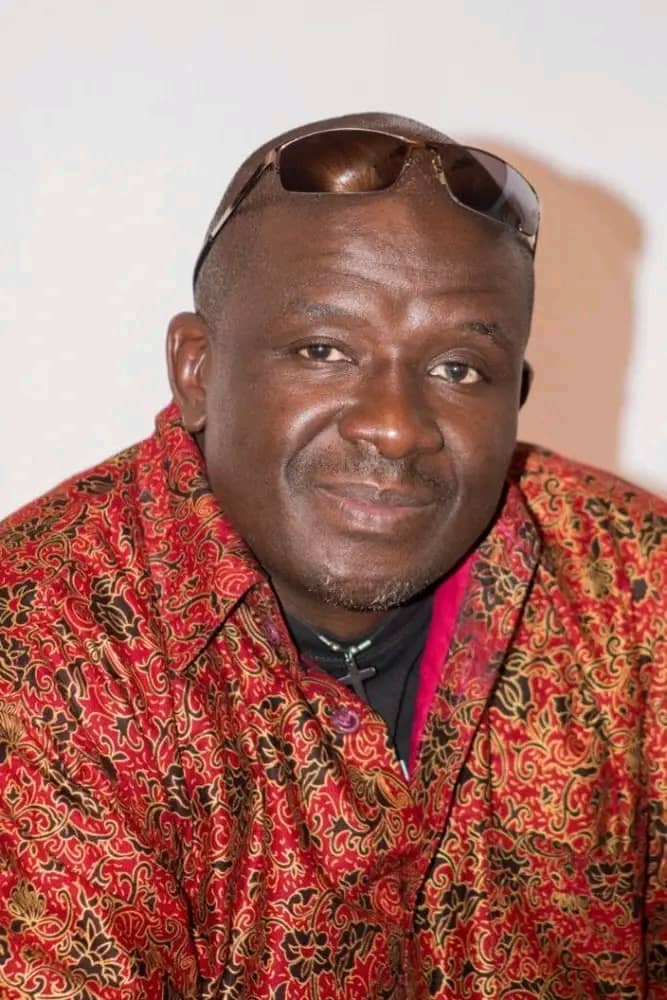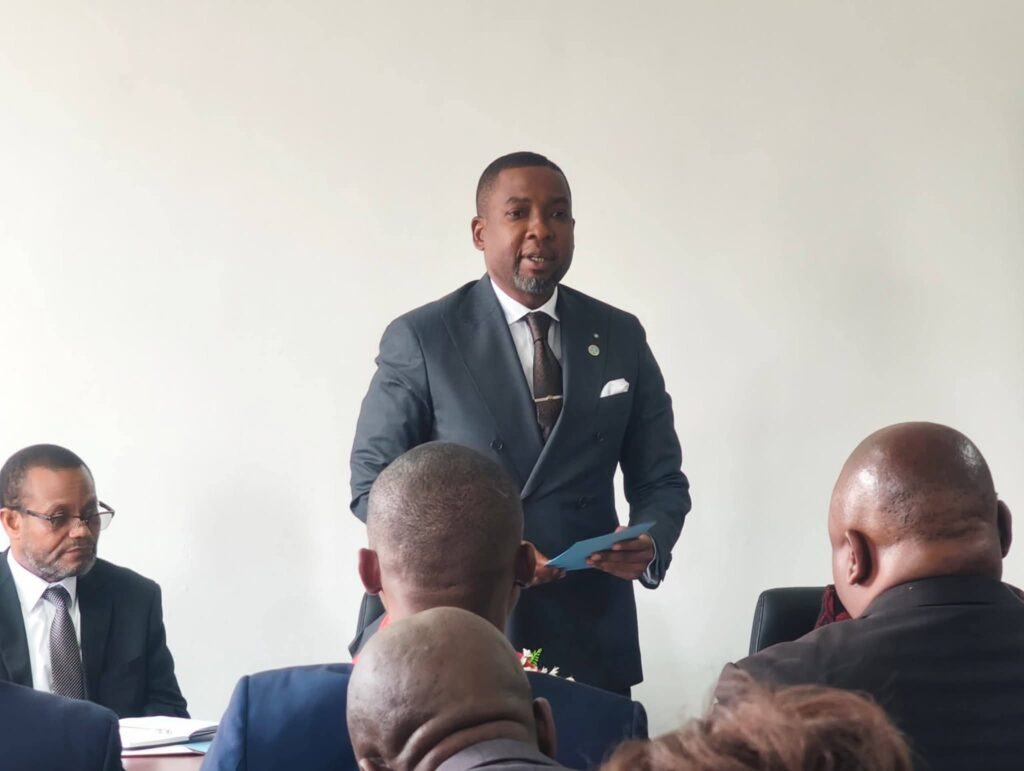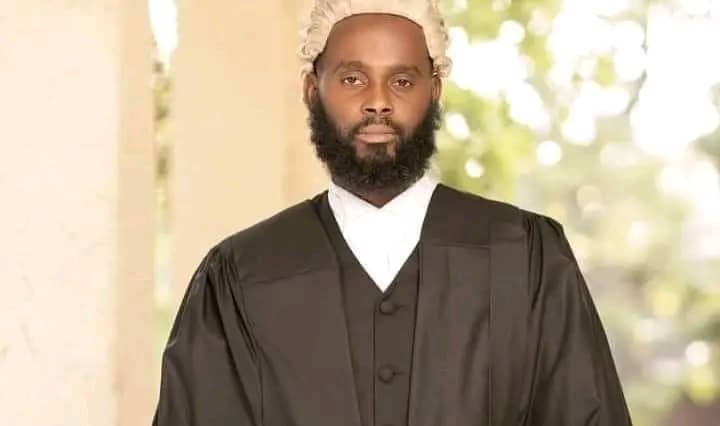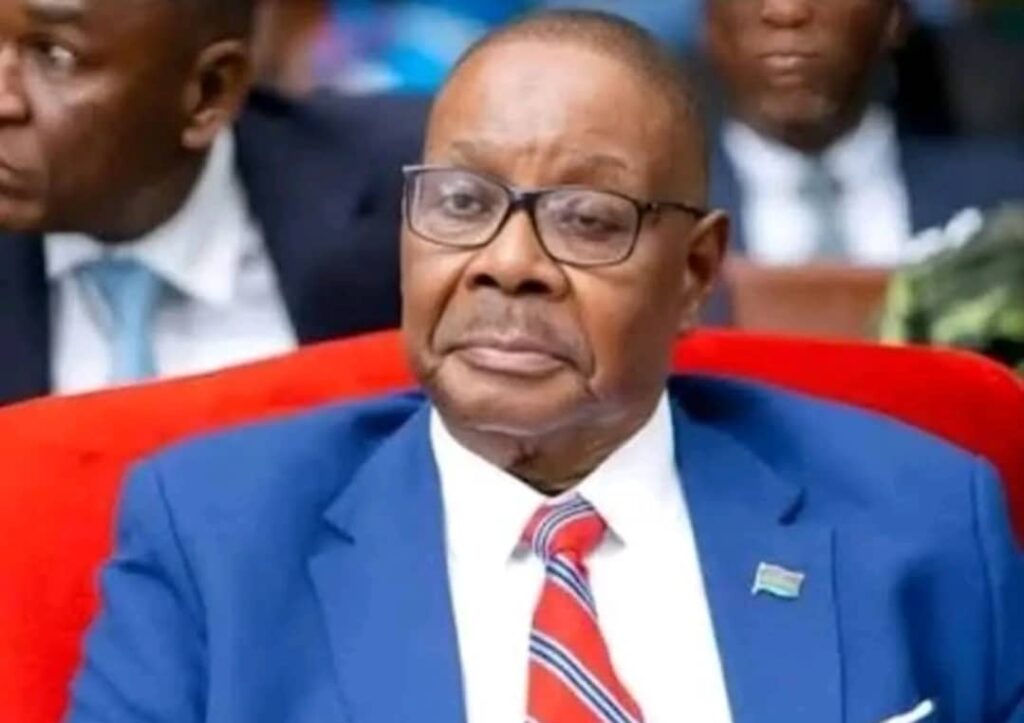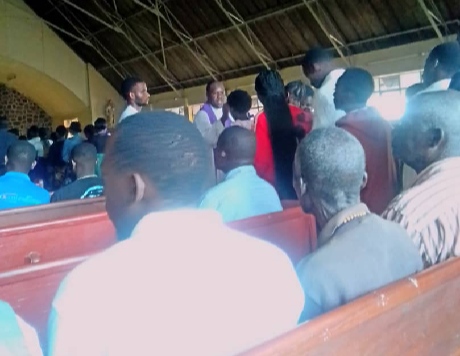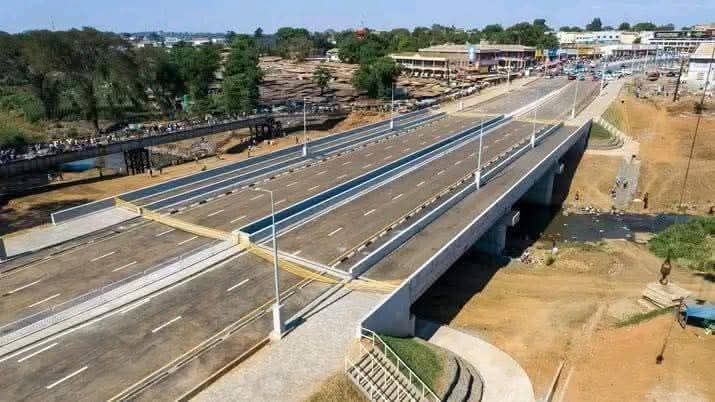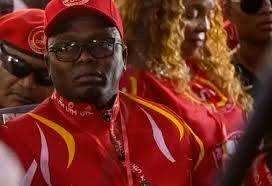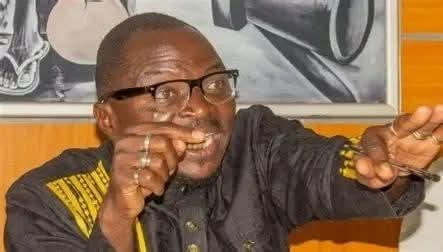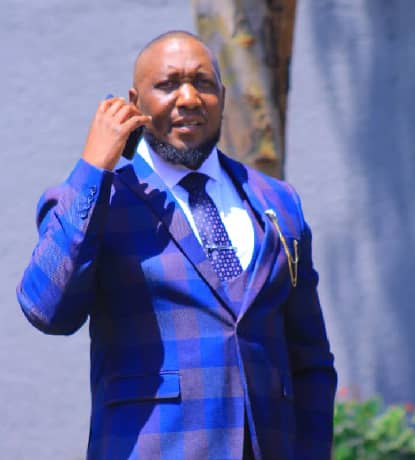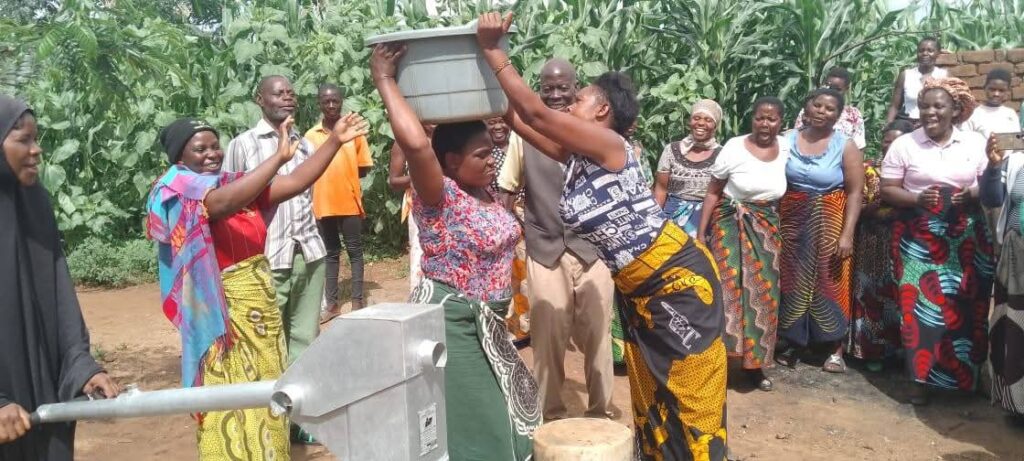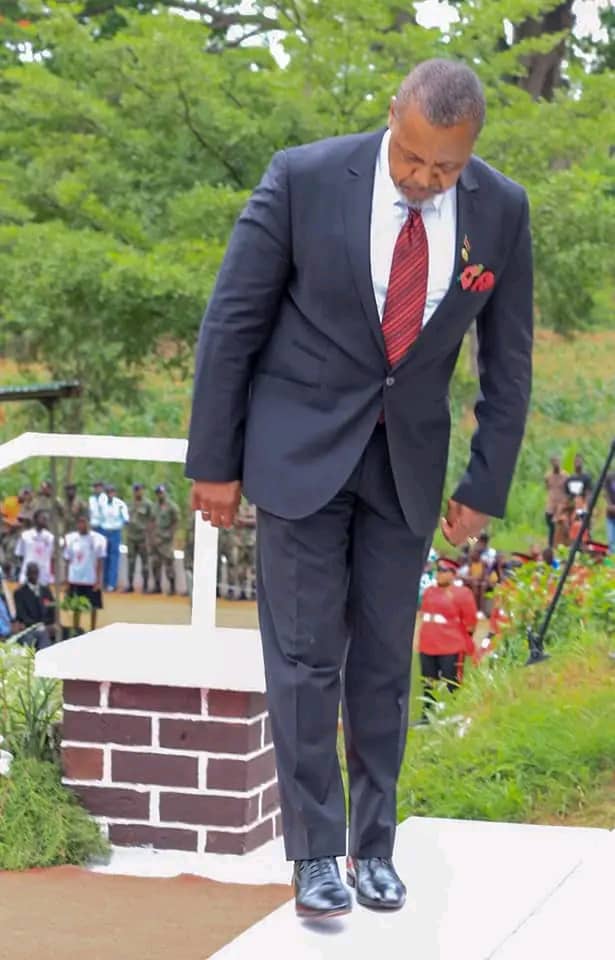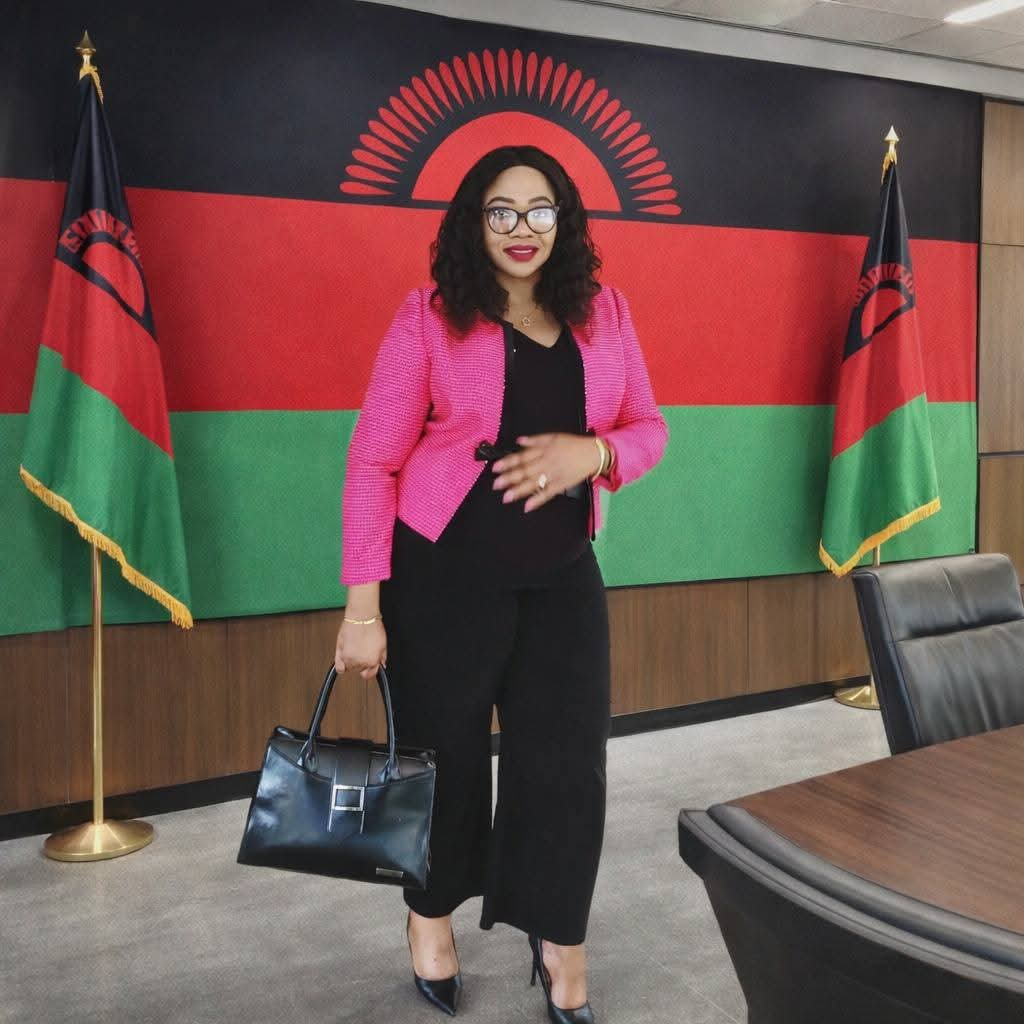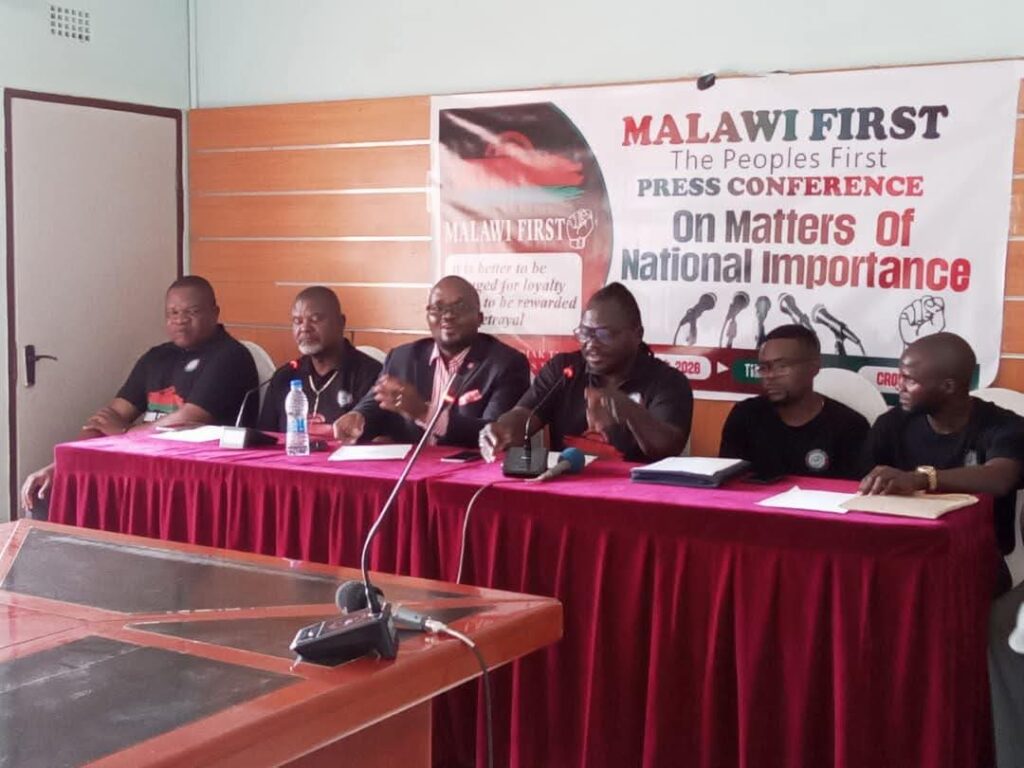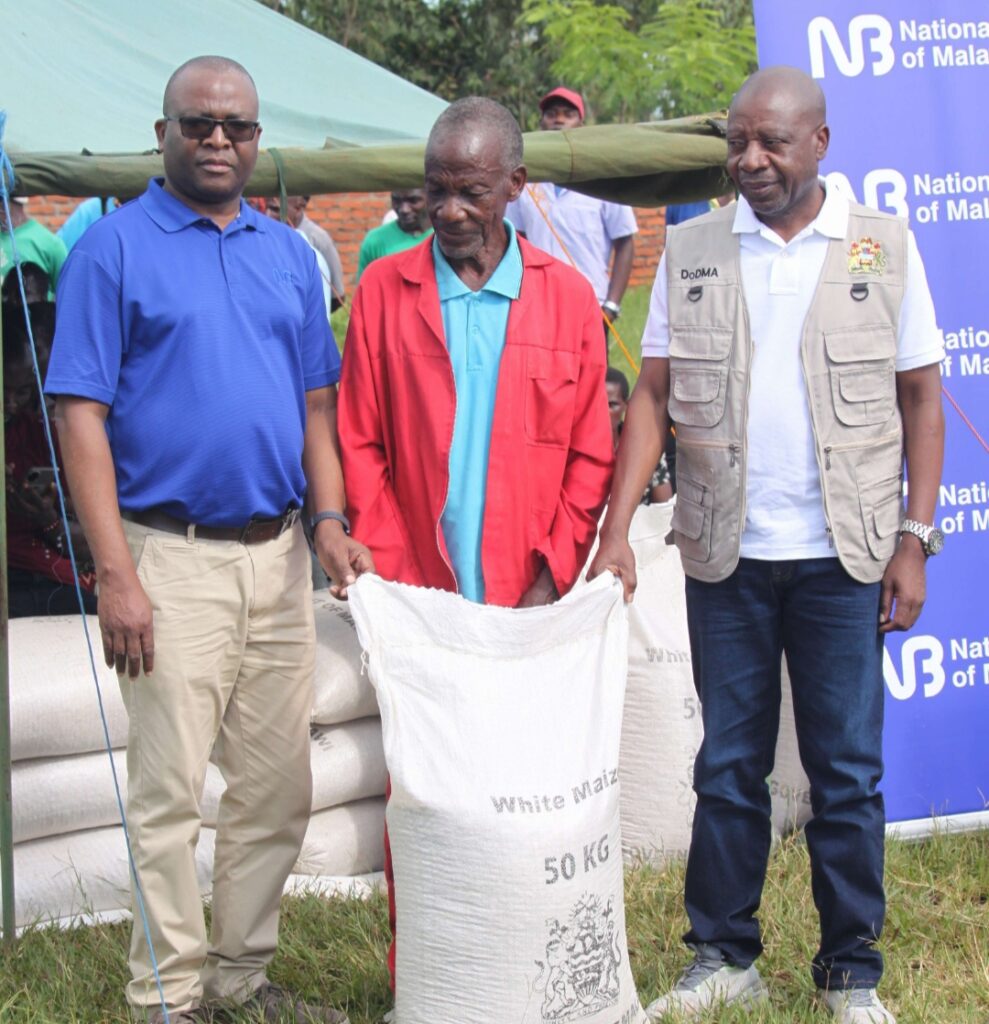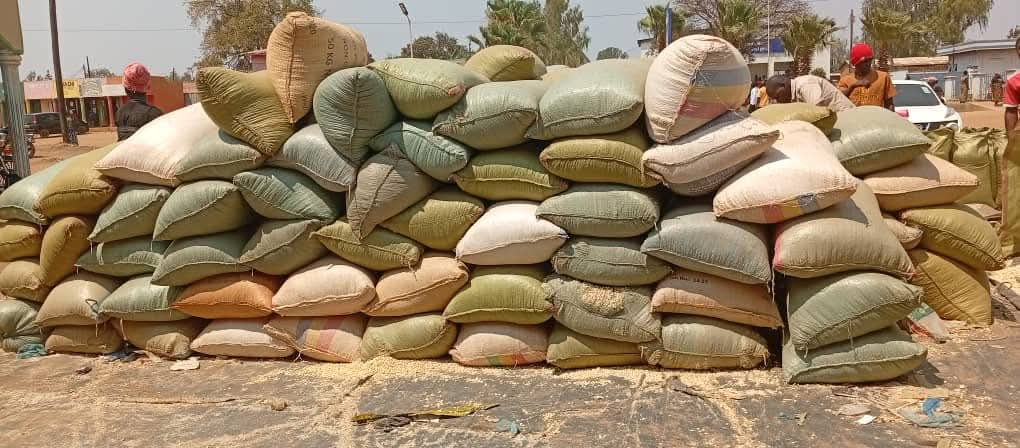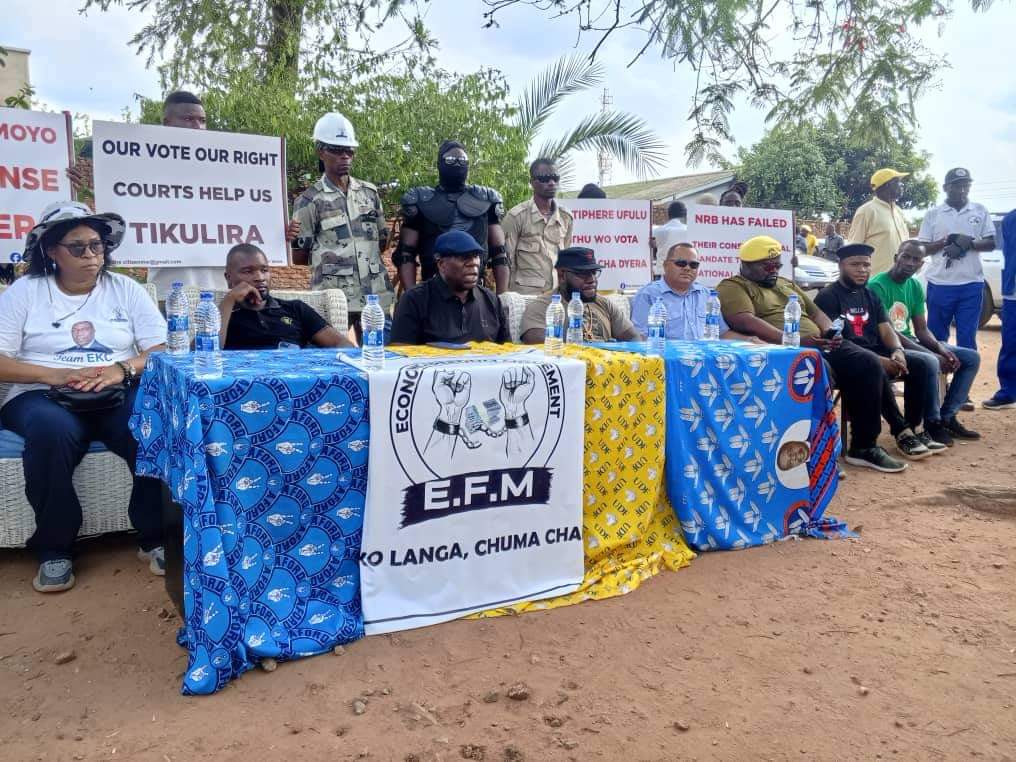By Burnett Munthali
Governance and Human Rights Advocate Undule Mwakasungula recently criticized former President Professor Arthur Peter Mutharika (APM) for calling his recent speech a “national address,” claiming that such a privilege is reserved exclusively for sitting presidents. While Mwakasungula’s concerns reflect a broader debate on the relevance and roles of former presidents in shaping public discourse, his critique appears to overlook key democratic principles and the nuances of political communication in Malawi.
Mwakasungula’s assertion that only sitting presidents are entitled to deliver a national address raises questions about his understanding of democratic freedoms and constitutional rights. A “national address” is not a legal or constitutional term restricted to sitting presidents; rather, it refers to a speech directed to the nation on matters of national interest.
Former presidents, as custodians of experience and wisdom, retain a moral obligation to comment on national affairs. APM’s use of the term “national address” may be unconventional, but it is neither deceptive nor illegitimate. Instead of focusing on semantics, the focus should be on the content and value of the speech itself.
Firstly, Mwakasungula’s critique centers on the terminology used by APM rather than the substance of his message. Such an approach shifts attention away from the critical issues raised in the speech, such as governance, economic management, and political accountability. In a democracy, the quality of ideas should matter more than labels.
Secondly, by suggesting that former presidents should not deliver speeches addressing the nation, Mwakasungula risks silencing important voices in the democratic space. Former leaders possess unique insights and perspectives that can enrich public debate. APM’s speech, whether termed a “national address” or otherwise, contributes to this dialogue and offers alternative viewpoints to the current administration’s policies.
Thirdly, Mwakasungula’s remarks could be interpreted as politically motivated rather than rooted in genuine concern for governance. Criticism of APM’s speech might have carried more weight if it engaged with the content of the address rather than dismissing it based on its designation. This approach raises concerns about impartiality and the selective targeting of political figures.
Globally, former presidents often engage in public discourse, offering their perspectives on national and global issues. For instance, in the United States, former presidents frequently deliver public addresses and participate in policy discussions without their legitimacy being questioned. Malawi, as a democracy, should embrace this tradition rather than stifling it.
APM’s speech reflects his continued commitment to addressing Malawi’s challenges, including governance issues, economic hardships, and social injustices. Critiquing his message constructively would have been more productive than dismissing his right to speak.
Mwakasungula’s comments represent a missed opportunity to engage meaningfully with the substance of APM’s address. Instead of fostering dialogue, his remarks risk polarizing public opinion and discouraging former leaders from contributing to national discussions.
In conclusion. while Undule Mwakasungula’s concerns about terminology may resonate with some, they fail to address the larger democratic principles at stake. Malawi’s political landscape benefits from diverse voices, including those of former presidents. Rather than focusing on labels, critics should evaluate the substance of political discourse and engage in constructive dialogue to advance national interests.
APM’s decision to speak to the nation demonstrates his continued relevance in Malawi’s political discourse. The onus is on citizens and leaders alike to prioritize the content of such speeches over the semantics of their titles. In a democracy, no voice should be silenced or dismissed based on arbitrary rules about who can address the nation.
- Ministry of Lands Launches Land Ownership Audit to Curb Illegal Sales and Disputes
- RBM pushes banks towards private sector A’s Government declines K500 Billion in borrowing
- MCTU Pushes for K250,000 Minimum Wage as ECAM Urges Gradual Adjustment
- Karonga United Reserves Crowned Northern Region U23 National Bank Champions
- Two Empty Bottles and a Priceless Man: The Character of Alexious Kamangira
- FGRF Reaches 100,000 Families with Ramadan Food Relief Across Malawi
- Mutharika storms back: Economy rebounds as Maize prices fall and fuel returns to pumps
- Priest Urges Christians to Pray During Lent
- HAPPY BIRTHDAY to Shepherd Bushiri – A life of impact, faith and generosity
- New Lilongwe Bridge: A Symbol of Partnership Beyond Party Lines
- RUMPHI DESERVES BETTER: Ntumbuka Blasts VP Chihana Over ‘Neglected’ Access Road
- Bon Kalindo: Anti-Corruption Efforts Must Be Evidence-Based
- Frank Mbeta Sakupita Kulikonse: Kukhazikika kwa Dziko Kuposa Ndale Zoipitsa
- Malawi Relief Funds UK Drills 12 Boreholes in Dowa, Bringing Safe Water to Over 300 Households
- Namalomba says Mutharika’s government wants closure of Chilima’s death
- Onjezani Kenani expresses concern over Amaryllis Hotel overpriced sale
- Florence Mwangi to Speak at Global Protocol & Diplomatic Network Summit 2026
- Malawi First, People Power Movement Dismiss Corruption Claims Against Frank Mbeta
- NBM plc gives 1,000 bags of maize relief in Zomba

